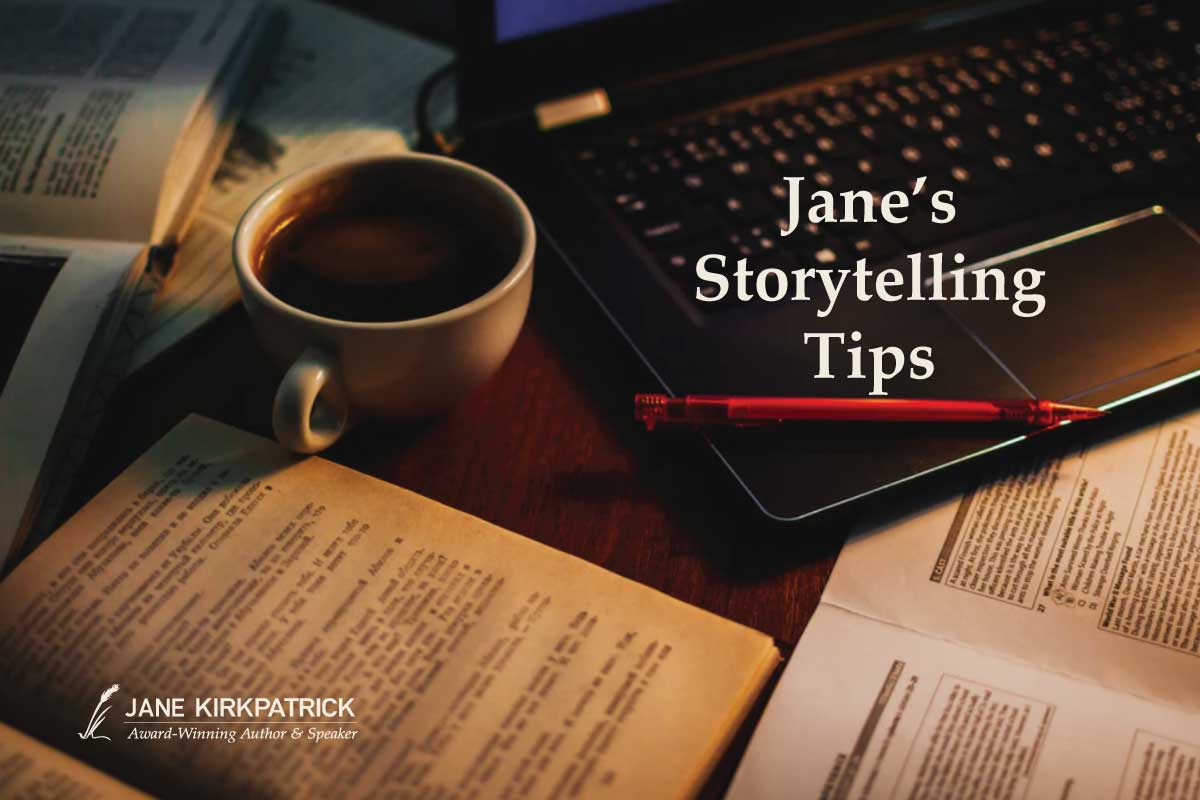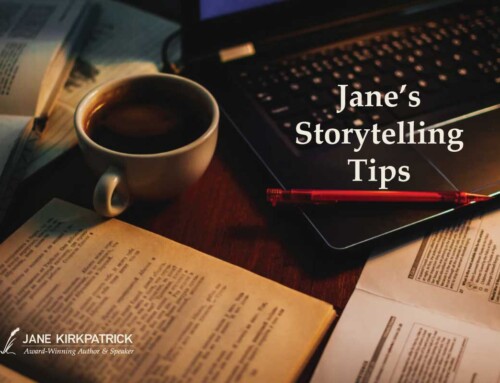Groping
Someone once asked physicist Albert Einstein how he worked. “I grope,” he answered.
I like that answer because I feel like I grope, too. I write mostly about real people, dead people one might say, and “groping dead people” doesn’t seem like a good way to spend one’s time but it’s my way.
I have a process. I read everything I can find about the person. I answer my three questions before I begin about intention, attitude and purpose. I make my timeline of events known about the character and the historical period. I read non-fiction written about the period or the place. Because I usually write about real people, women primarily, I’m always trying to find out not just what they were doing and where and when but why? I’m always asking as I research, was this the defining event in that woman’s life? Why did she leave the place where she’d always lived? Why is she on the census living with only her daughters while her two sons are living with the very person earlier she had great conflict with? What brought about this change? Sometimes I don’t find the answer until well after I’ve started to write. Sometimes I never find the answer and must speculate. This feels very awkward like I’m groping in research.
Writer Katherine Ann Porter says she writes the last page first. She says if she didn’t know where she was going she couldn’t begin. “I know what my goal is. And how I get there is God’s grace.” Now see, I’d like that. I have this general idea of where I’m going but not the last page. This distressed me for a time.
But then I came across this Arthur Miller quote: “He who understands everything about his subject cannot write it. I write as much to discover as to explain.”
So maybe it’s all right that I don’t have all the answers when I begin. I can be delighted and surprised even as my readers are. In fact, that happened while working on an historical novel about an American communal society in the 1860s. While visiting with a descendant — yes, I interview descendants if I can locate them, seeking out family stories. Anyway, I picked up a letter that the descendant’s grandfather received The descendant had been slowly having the letters translated from German into English. One letter came from a great uncle who was an ambassador to France, England and Germany. Another from a member of the colony they were involved with. But then I picked up a letter signed by Emma, the very woman I’d been researching and writing about! Her great nephew was as startled as I was as he’d had no idea he had her letter. To see what she’d written and even her Post Script brought delight all over and I’d merely groped upon it.
I’m inclined to believe that many of my greatest discoveries in researching my historical novels are the results of groping. Or perhaps they fit into what Van Goethe once said, (I paraphrase) that once we make a commitment to something then Providence moves and things begin to happen we might not otherwise imagine. As writers we make the commitment to tell the story and then we make discoveries, groping our way toward the story. And if Einstein has no trouble with groping (and he discovered the theory of relativity) why should we historical novel writers be chagrined by the occasions when we grope? Who knows what we might discover about the human condition in the process?


